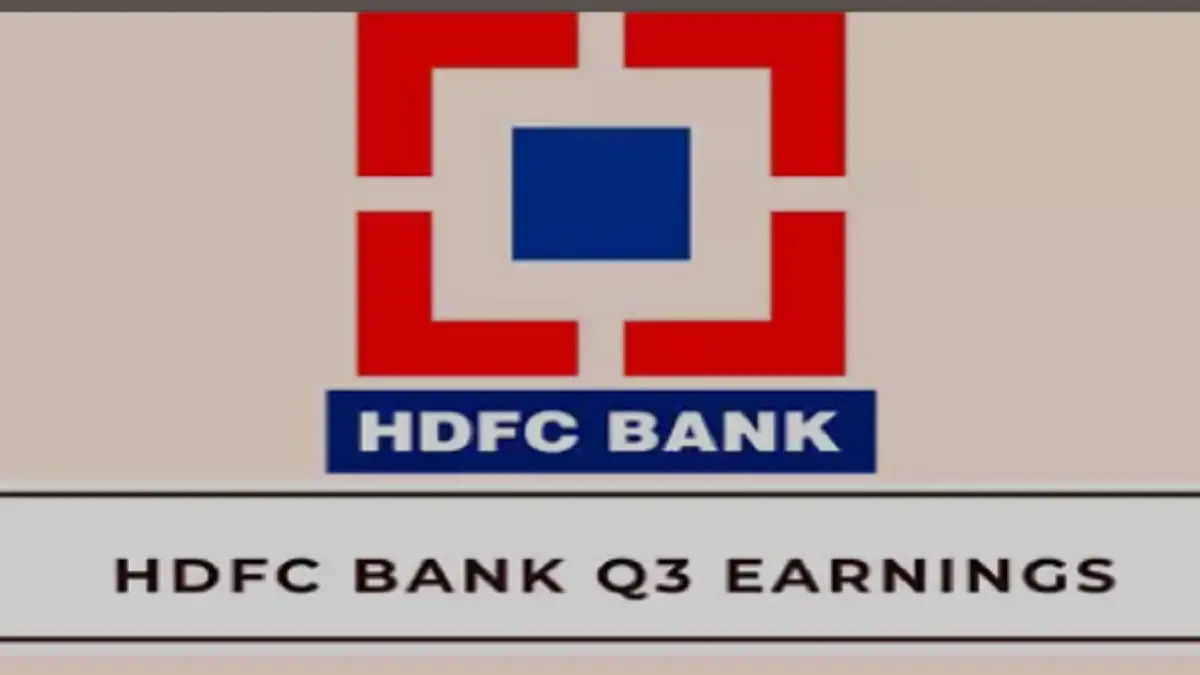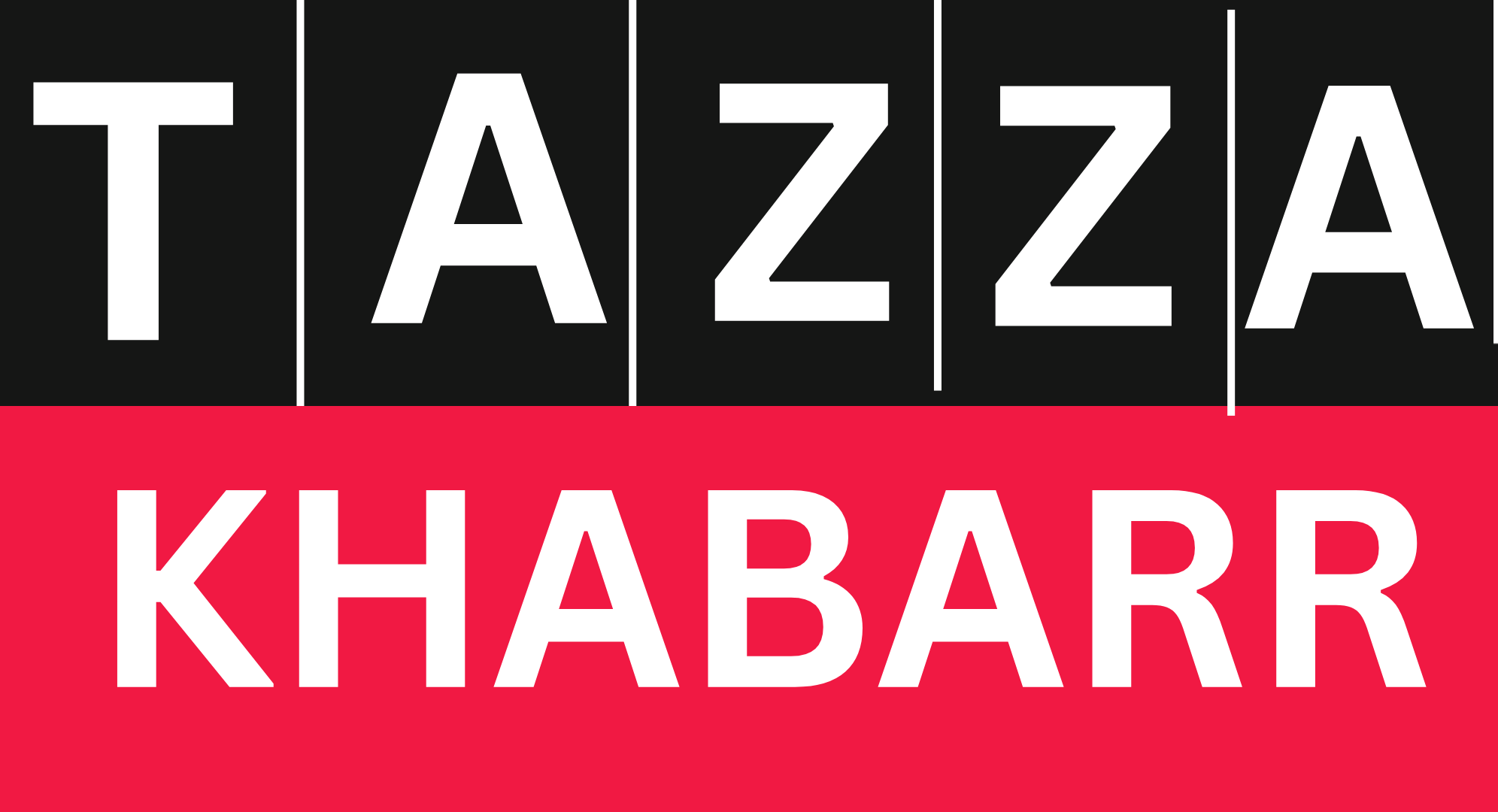Reliance Share Price : Reliance Industries (RIL) share price hit its 52-week low intraday on BSE on Monday, 3 March. Reliance Share Price opened at ₹ 1,209.80 as against its previous close of ₹ 1,199.60 and fell 3.6 per cent to ₹ 1,156 level. At around 12:05 pm, the stock traded 3.30 per cent lower.
The stock has been one of the top gainers in the Sensex index for the past year. Taking into account Monday’s low at ₹ 1,156, the stock has declined over 22 per cent over the past year. Reliance Share Price has declined 1 per cent in the equity benchmark Sensex for the same period.
Why Reliance Share Price Fall Today ?
Reliance Share Price has been under pressure over the past year. The decline on Monday followed reports that Reliance New Energy, a unit of the company, could be penalised after failing to set up a battery cell plant.
“A unit of billionaire Mukesh Ambani-led Reliance Industries is being penalised after failing to set up a battery cell plant, part of Indian Prime Minister Narendra Modi’s push to cut import dependence,” Bloomberg quoted people familiar with the matter as saying.
“Reliance New Energy Limited, among the companies that won bids for battery cell manufacturing in 2022 under an Indian government plan to reward local production, is liable to pay a fine of Rs 1.25 billion for missing a deadline,” the Bloomberg report said.
Should Retail Investor Buy Reliance Industries Stock ?
Shares of Reliance Industries have underperformed the benchmark index over the past year. However, experts remain positive about Reliance Industries and expect the downtrend to reverse due to a faster-than-expected recovery in its retail business and positive growth in its new energy ventures.
A research analyst at StoxBox underlined a possible tariff hike in the telecom sector and a recovery in the petrochemical business are expected to boost Reliance’s overall performance, offering upside potential for the stock.
The analyst said the company’s new energy business is approaching a transformational phase, with Phase I of its solar module manufacturing capacity set to be commissioned in Q4FY25, followed by cell manufacturing and Phase II of module production over the next two quarters.
“If the stock fails to close above Reliance Share Price ₹ 1,200 on a weekly basis, it could signal a bearish range shift. Reliance Share Price will establish ₹ 1,200 as a new resistance level, with the stock likely trading within the lower range of ₹ 1100- ₹ 1,200,” the analyst said.
“Reliance Share Price may signal further weakness, with sellers expected to dominate while buyers may wait for Reliance Share Price to increase before stepping in. A sustained move below ₹ 1,200 could increase downside pressure, leaving ₹ 1,100 to look at the next crucial support,” the analyst added.
About Reliance Industries
Reliance Industries Limited is an Indian multinational conglomerate headquartered in Mumbai, Maharashtra. The company was founded in 1958 by Dhirubhai Ambani as Reliance Commercial Corporation with a small textile manufacturing unit in Mumbai. In 1966, Reliance Textiles Industries Pvt Ltd was incorporated and a synthetic fabric mill was set up in Baroda, Gujarat. By 1973, it became Reliance Textiles Industries Ltd and released its IPO in 1977.
The IPO made history by introducing equity fundraising in India, which was oversubscribed 7 times, reinforcing Reliance Industries’ growth ambitions. In 1985, the company was renamed Reliance Industries Ltd. It significantly expanded its polyester yarn production from 1985 to 1992. The Hezira petrochemical plant was commissioned in 1991–92. Reliance entered telecommunications in 1995–96. In 1998, Reliance took over Indian Petrochemicals Corporation Ltd. from the Government of India under the LPG scheme.
1998–2000 marked the construction of the world’s largest refinery at Jamnagar in Gujarat. In 2001, Reliance Industries Ltd. and Reliance Petroleum Ltd. became India’s top two companies. In 2002, Reliance discovered a huge gas reserve in the Krishna Godavari basin. In 2005 and 2006, the company restructured its business and entered the organized retail market in India in 2006.
After Dhirubhai Ambani’s death in 2002, his sons, Mukesh and Anil Ambani, assumed control of the business but eventually opted for its split into two separate entities. Mukesh Ambani headed Reliance Industries, which includes petrochemicals, oil and textiles businesses, while Anil Ambani inherited Reliance Infocomm, Reliance Energy and Reliance Capital. Notably, in 2019,










